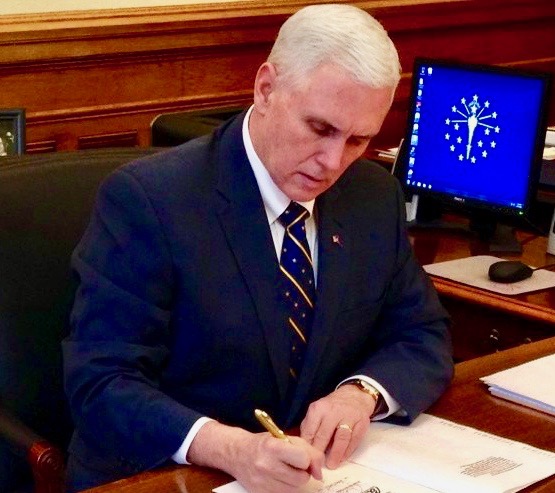
Sunday, October 18
Shouldn’t Mike Pence have a diary? These are historic times, and someday he’ll be able to publish such an account for big bucks. So maybe I could help him write it–give him some ideas right here on the blog.
That could be funny, right? Lots of ponderous piety (“I prayed hourly for the President to overcome his bout of the Chinese virus”); peculiar reflections regarding Old Testament quotes (“Behold, Esau my brother is a hairy man, and I am a smooth man” conjures thoughts about haircuts during the lockdown). Amy Coney Barrett’s much-reported life story could trigger memories of Pence’s college-years defection from Catholicism to evangelical religion. There could be comparisons of Pence’s own picayune misuse of political donations to Trump’s massive debts and scandalous financial doings. And of course, he’d share private doubts about the Commander-in-Chief’s depraved comments and debauched alley-cat behavior.
But to write such a mock diary well, I would have to immerse myself in the true-life details of Pence’s life—and who could stand to do that?
Better to devote my postings to interesting stuff, including articles I am reading.
The New York Review of Books daily newsletter recently ran a valuable article comparing health-care coverage in countries around the world. In a review of Ezekiel Emanuel’s Which Country Has the World’s Best Health Care? historian David Oshinsky discussed the merits and demerits of systems from the Netherlands to Taiwan and the United States. So, which is the best?
Naturally, it depends. Just what is your priority? Short wait times vs. the most professional and up-to-date care? So-called elective surgery? Universal coverage? Drug costs?
Not surprisingly, surveys put the U.S. at or near the bottom in most categories. But regarding first place, “there are too many variables and too few precise measurements to pick an overall winner,” the article says. Emanuel places Germany, the Netherlands, Norway, and Taiwan at the top. Personally, the book author has said, he’d pick the innovative Dutch system.
One of the surprise revelations of this piece is Oshinsky’s opening anecdote, which describes President Harry Truman’s late-1940s effort to enact an American national health care plan. It seems that, during World War I, Truman had been an Army artillery officer—and had become increasingly troubled by the poor health of recruits. Five million-plus draftees had been rejected due to poor health, and another 1.5 million inductees were soon sent home for similar reasons.
What was the problem? Americans couldn’t afford good health care: Two-thirds of the population lacked the means to overcome a health crisis. And there simply weren’t enough providers: Many rural counties had a 3,000 to 1 ratio of people to doctors. Once he was president, Truman resolved to do something about this. He wasn’t able to, thanks to the no-holds-barred opposition of the American Medical Association.
Oshinsky’s article is so quotable and informative that I am placing a permanent bookmark for it on my Internet favorites page.
Ever wonder just why GOPers and Trump are so fanatically opposed to the Affordable Care Act? I mean, the concept was invented by the right-wing Heritage Foundation and first put in place as Romney-care in Massachusetts.
But Trump excoriates the ACA as “a disaster.” He’ll never tell you precisely why—just more invective, as we have come to expect from Mr. MAGA.
Well, here’s why: The Center on Budget and Policy Priorities has an article showing that repeal of the ACA would dramatically cut taxes for the 1%—by an average of $198,000 per year.
Moreover, “pharmaceutical companies would pay $2.8 billion less in taxes each year, even as millions of seniors would pay billions more for prescription drugs.”
So is the ACA a disaster? Maybe it’s just the 1% being forced to forego that third bottle of Dom Perignon.
Dinner tonight: all veggies. Stir-fried sugar snap peas in ginger and garlic, plus a baked Kabocha squash.
Entertainment: More episodes of of Better Call Saul and All Creatures Great and Small.
